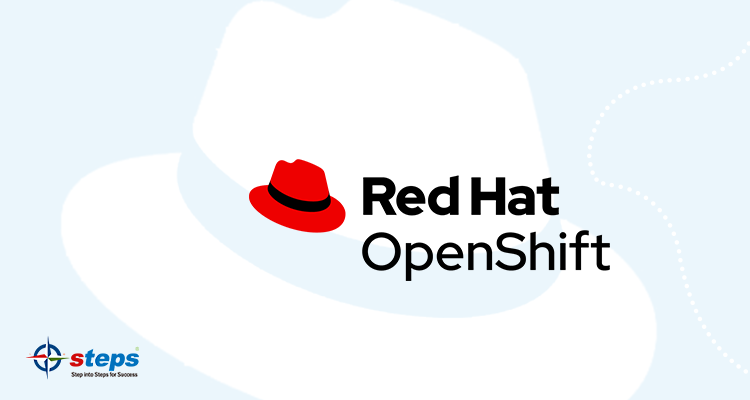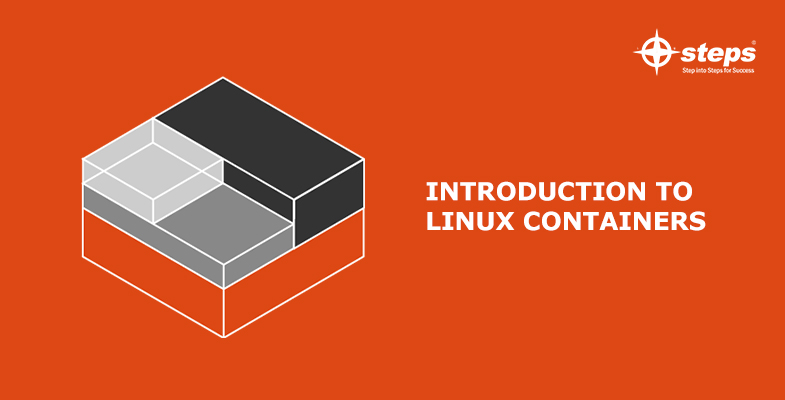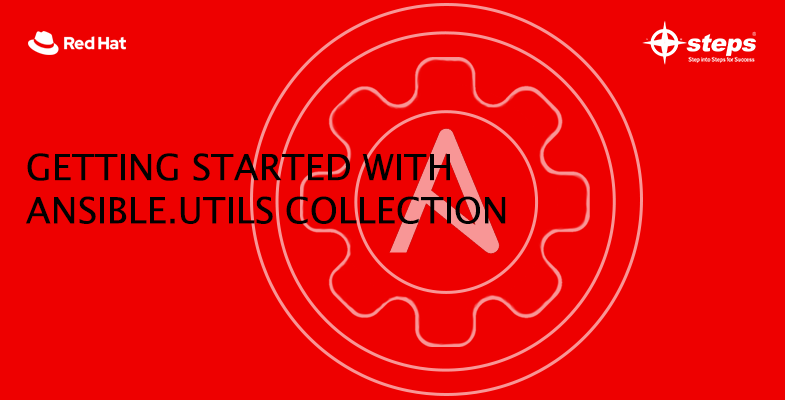Red Hat OpenShift

Container technologies are transforming the way we think about application development and the speed at which teams can deliver on business needs. They promise application portability across hybrid cloud environments and help developers to focus on building a great product, without interrupting underlying infrastructure or execution details.
Containers deploy for much shorter periods of time than virtual machines (VMs), with greater utilization of underlying resources. The container technologies must manage far more objects with greater turnover, introducing the need for more automated, policy-driven management. Many IT companies are turning to Kubernetes and its wide variety of complex features to help them orchestrate and manage containers in production, development, and test environments.
OpenShift is a group of containerization software products developed by Red Hat. Its flagship product is the OpenShift Container Platform — an on-premises platform as a service built around Docker containers orchestrated and managed by Kubernetes on a foundation of Red Hat Enterprise Linux. The family’s other products provide this platform through different conditions: OKD serves as the community-driven upstream, OpenShift Online is the platform provided as software as a service, and OpenShift Dedicated is the platform offered as a managed service.
OpenShift is a turn-key enterprise grade, secure and reliable containerisation tool built on open source Kubernetes. It is built on the open source Kubernetes with extra features to provide out of the box self-service, dashboards, automation-CI/CD, container image registry, multilingual support, and other Kubernetes extensions, enterprise grade features.

By using OpenShift Pipelines developers and cluster administrators can automate the processes of building, testing and deploying application code to the platform. With pipelines, it is possible to reduce human error with a consistent process. A pipeline includes compiling code, unit tests, code analysis, security, installer creation, container build and deployment.
As a result of the heightened industrial importance of containers, Red Hat extends two of their core Linux courses by a day to include containers. Beginning Oct. 1, 2020, Red Hat System Administration II (RH134) and RHCSA Rapid Track course (RH199) extended from four to five days with the final day focused on the container, Kubernetes, and OpenShift content. The students who have purchased or taken either course within the last year will be given free access to the added course materials and virtual training, which will help them to prepare for the upcoming changes to the Red Hat Certified System Administrator exam (EX200).
This changes to RHCSA courses allows for our Red Hat Certified System Administrator exam (EX200) exam to include container material as well. This updated exam content will give test-takers hands-on experience in real world container applications and will extend the duration of the exam by 30 minutes. RHCSA Exam EX200 version 7 will not be impacted by these changes. Content updates are only occurring on Red Hat Enterprise Linux 8 RH199, RH134, EX200.
For extended support and reach there are various RHCSA training in Kochi to get your path on the right track. Reach out to the best solutions. Always learn to understand more and more. With various RHCSA courses in Kochi readily available to provide services, anything is possible. All that is needed is just to connect with a dependable solution.



